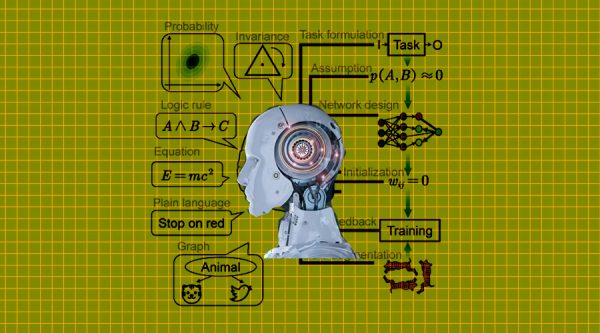By 2025, Statista projects that the global AI software market will be worth more than US$126 billion. Exponential technologies, which are also generating new occupations, are shaping the labour market today. In recent years, hackathons have had a big impact on how software companies hire. And with good reason.
According to TAIKAI, 40% of their hackathon participants were hired by companies in just a few months. MachineHack, Kaggle, NeurIPS, and other AI/ML hackathons are the best places to collaborate with peers, meet industry insiders, and receive job offers from leading tech companies. These hackathons have a solid reputation.
Here is a list of essential abilities needed to succeed in ML hackathons:
Strong Fundamentals
Participants in these competitions need to be well-versed in topics like computer languages, mathematical concepts, machine learning strategies, deep learning, etc. It all comes down to having a thorough understanding of the subject at any ML hackathon. After that, carefully examine the sklearn package to discover error metrics, model techniques, cross-validation, and other relevant data. The most important thing is to understand the data, train, and validate.
- Gain practical experience
Knowledge that is purely theoretical will only go you so far. It is more effective to work on projects that allow one to apply the knowledge gained in a book or class than it is to merely read a book. - Concepts versus Hyperparameters
In a time-based challenge, it is typical to lose track of time when focusing on fine-tuning the hyperparameters of an ML model. The participant should spend more time putting new ideas based on the EDA and most recent data into practise in order to improve their models. - The value of time
It’s essential to plan the model while taking the timeline into account. It is quite easy to lose track of time when concentrating on changing hyperparameters or doing cross-validation tests, etc. If you follow a strict plan, you can complete your task in a timely manner. - Persistence Is the Secret
Although it is less likely, it is still possible to win a hackathon on your first attempt. You need perseverance, the ability to learn from failure, practical experience, and a strong portfolio to become competitive.









